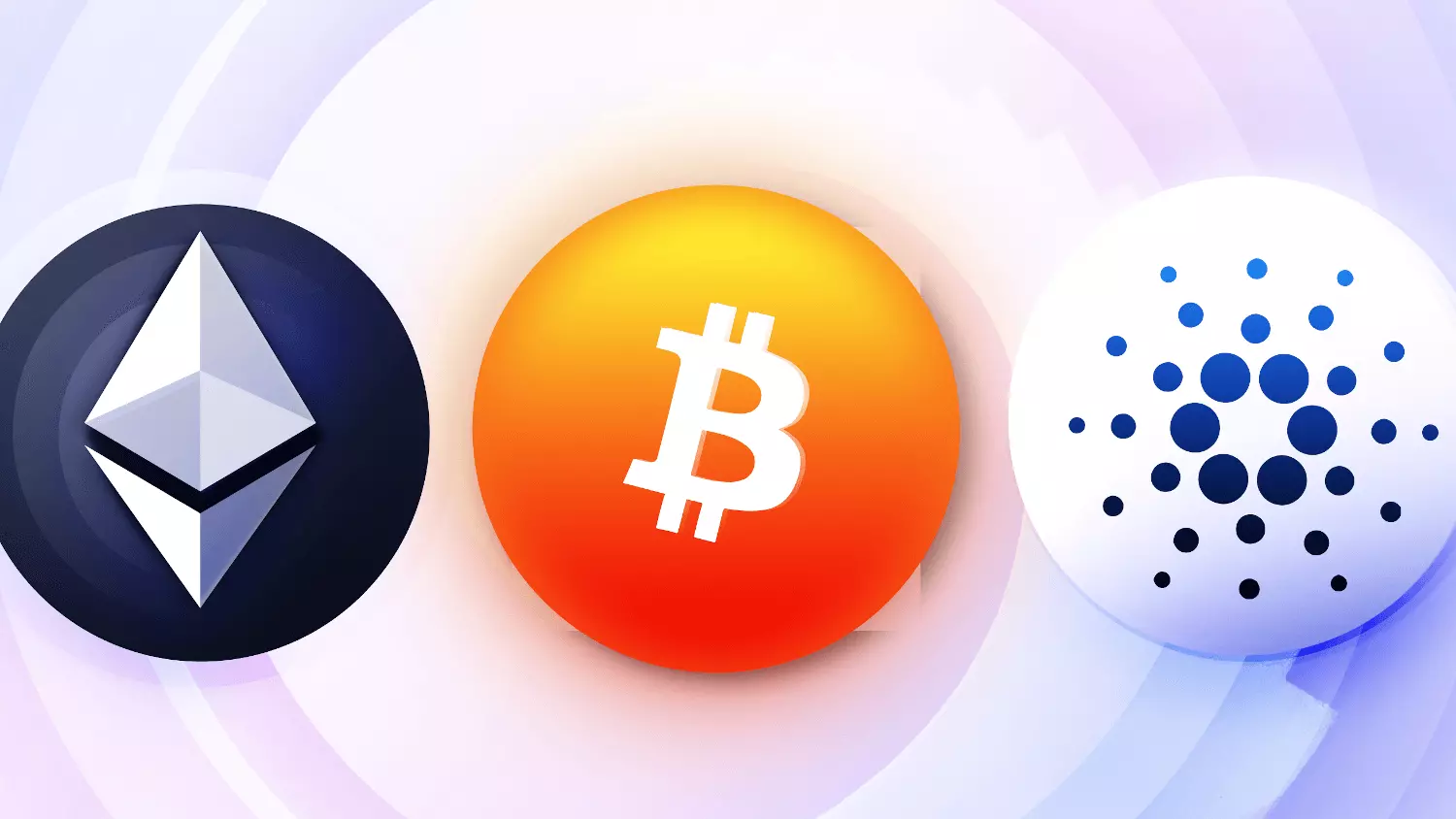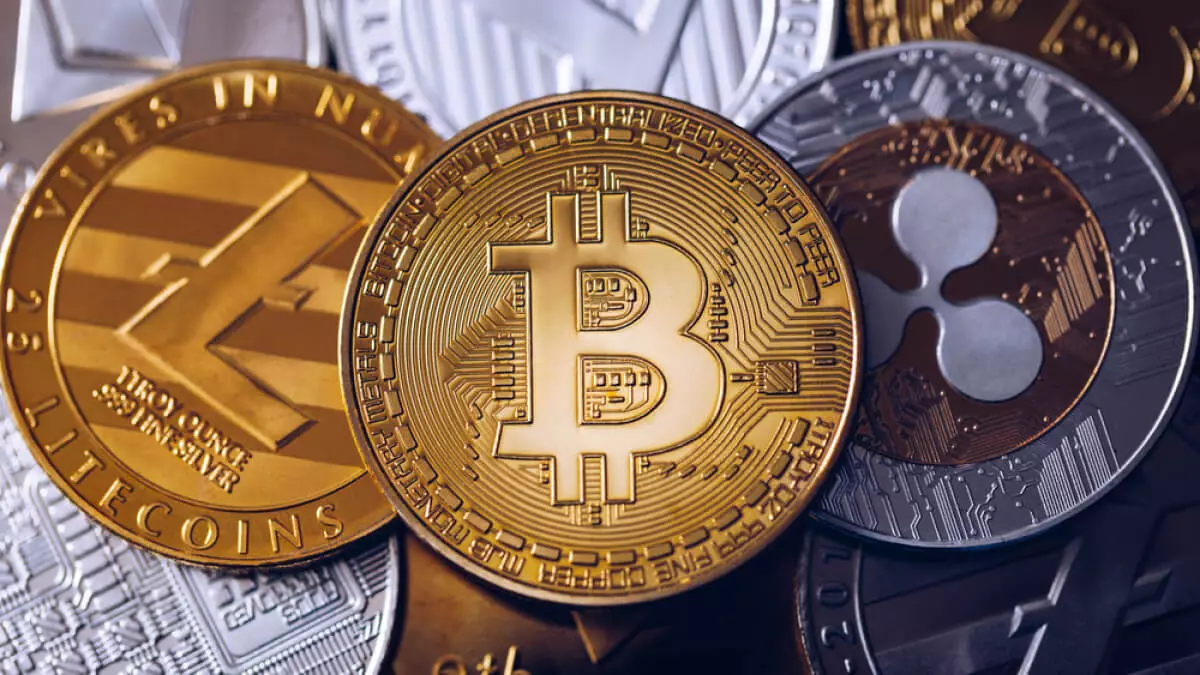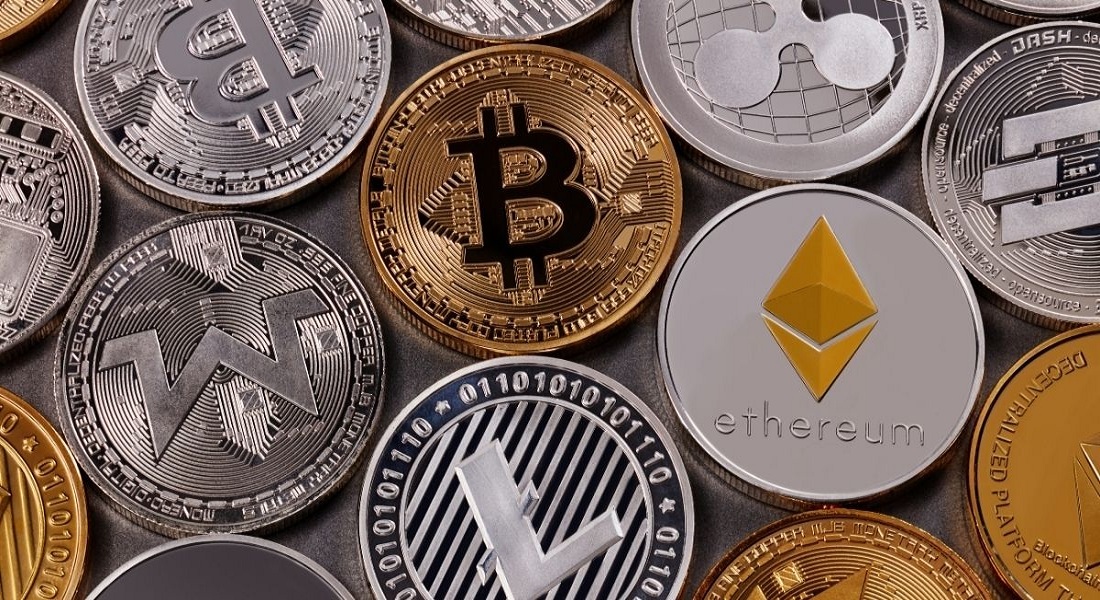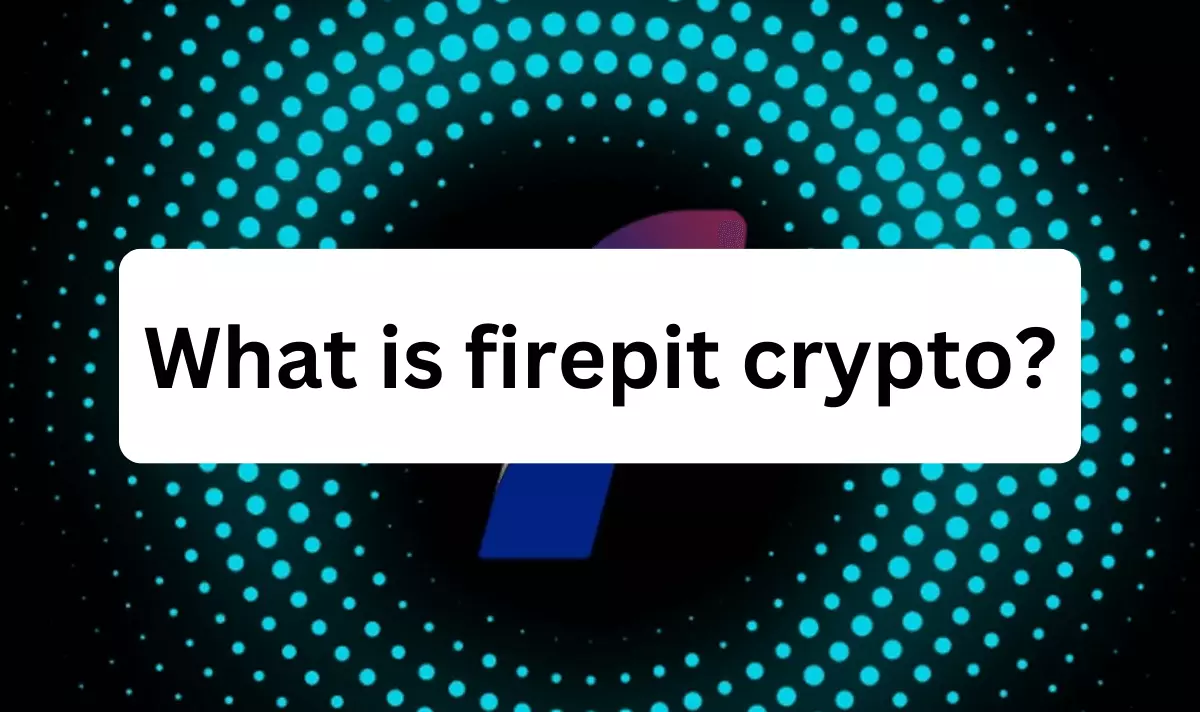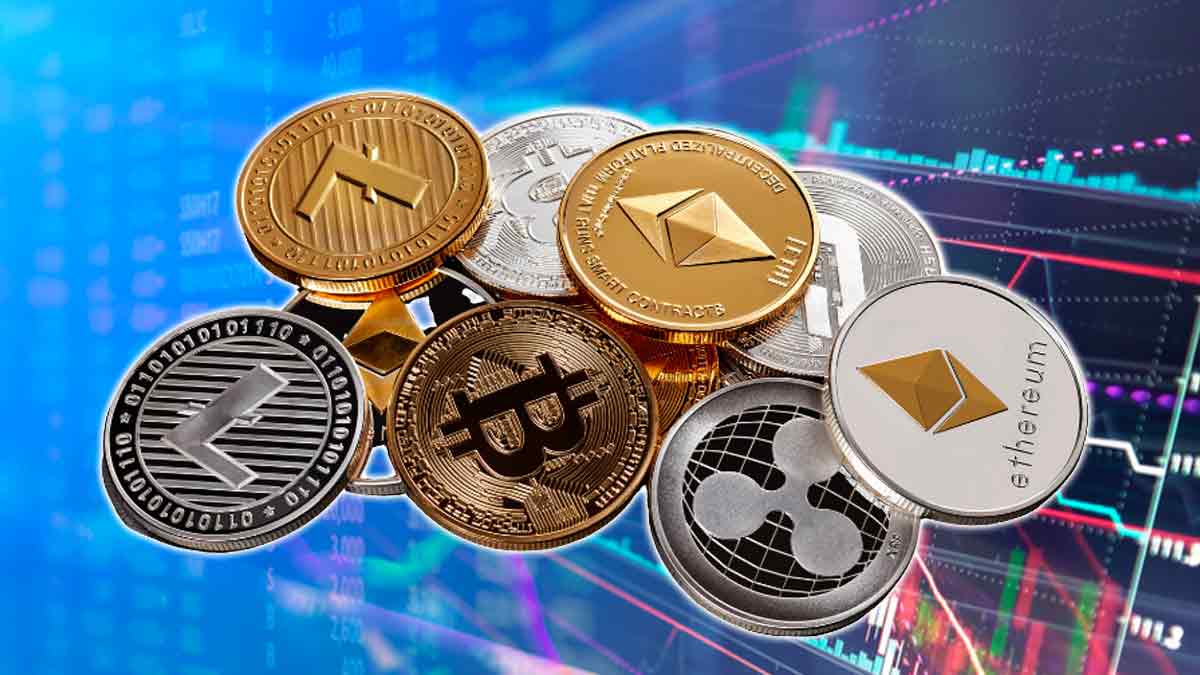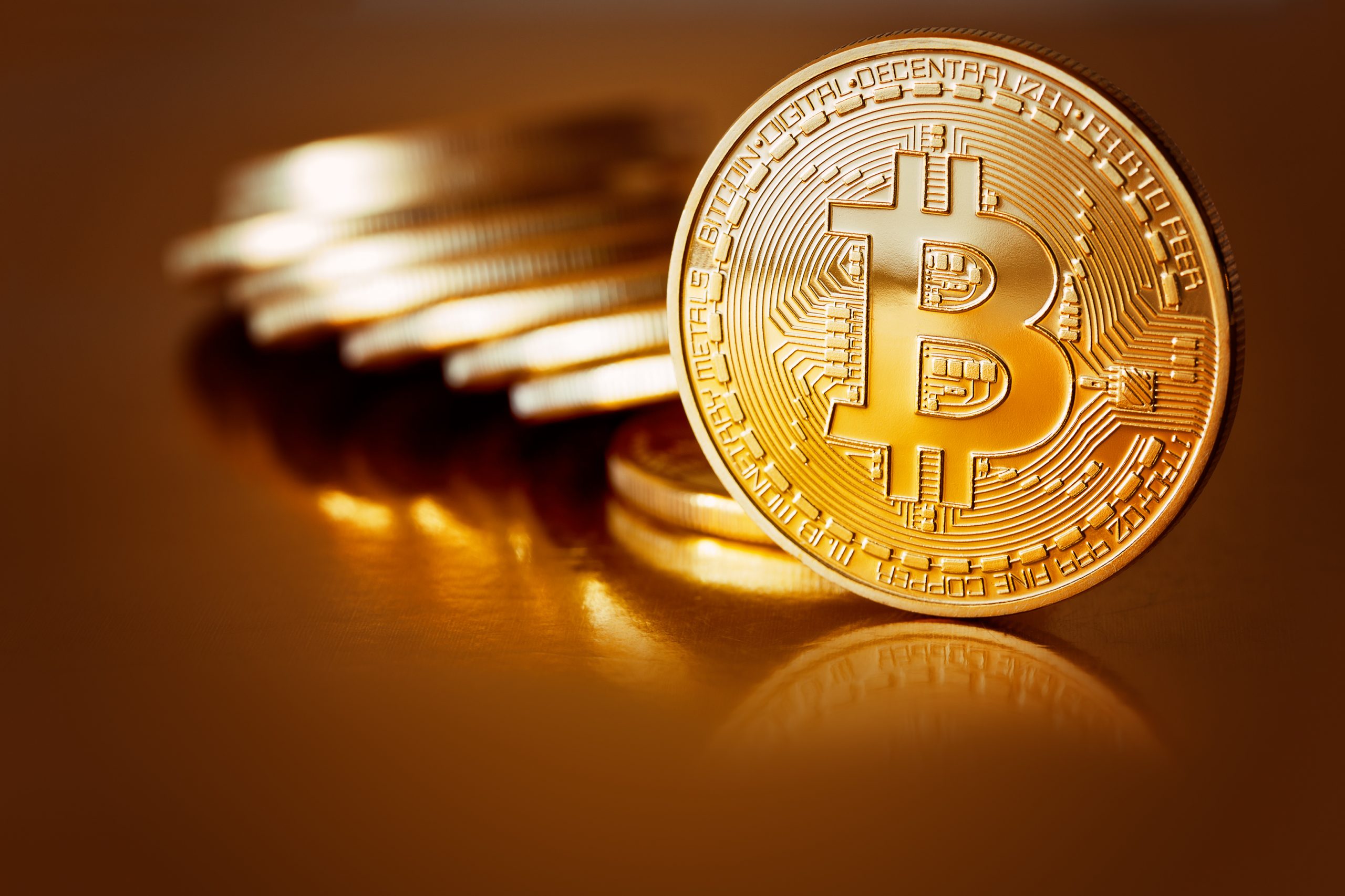Cryptocurrency Security: Protecting Your Digital Assets
As cryptocurrency becomes more popular, more people are diving into the world of digital assets like Bitcoin, Ethereum, and other altcoins. While crypto offers exciting opportunities, it also comes with risks, particularly when it comes to security. Since cryptocurrency operates online and isn’t controlled by a bank or government, protecting your digital assets is your responsibility.
If you’re new to cryptocurrency or want to ensure your investments are safe, this guide will help you understand how to protect your digital assets. We’ll cover everything from securing your wallet to recognizing common threats and scams, so you can enjoy the benefits of crypto without worrying about losing your funds.
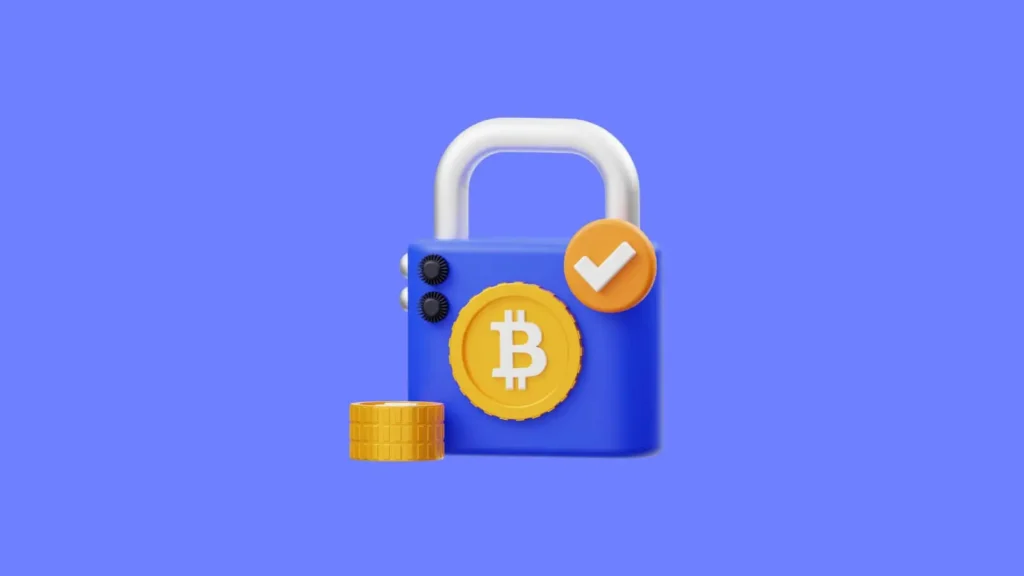
Content
Why Security Matters in Cryptocurrency
Unlike traditional banking, where institutions have layers of protection and security measures in place, cryptocurrency is decentralized. This means you’re in charge of keeping your assets safe. If someone gains access to your digital wallet, or you fall victim to a scam, there’s no way to reverse transactions or get your money back.
This is why understanding cryptocurrency security is crucial. By taking the right steps, you can ensure your digital assets are secure and minimize the risks of theft, hacking, or losing access to your funds.
Common Cryptocurrency Security Risks
Before we dive into how to protect your digital assets, let’s first explore some of the most common risks in the cryptocurrency space.
1. Hacks and Cyberattacks
Cryptocurrency is a prime target for hackers. Whether they’re targeting exchanges, wallets, or individual users, cybercriminals are constantly looking for vulnerabilities. In some high-profile cases, exchanges have been hacked, and millions of dollars’ worth of cryptocurrency have been stolen.
2. Phishing Scams
Phishing is one of the most common scams in the cryptocurrency world. Scammers send emails, texts, or social media messages that appear to be from legitimate sources, tricking users into revealing their private keys or login credentials. Once they have this information, they can steal your assets.
3. Malware and Keyloggers
Hackers often use malware to gain access to your computer or smartphone. Keyloggers, a type of malware, can track everything you type, including your cryptocurrency wallet passwords or private keys. Once hackers have this information, they can access your funds.
4. Lost Private Keys
In cryptocurrency, private keys are everything. Your private key is what gives you access to your digital assets. If you lose it or someone else gets hold of it, there’s no way to recover your funds. This is why securely storing your private keys is so important.
5. Fake Exchanges and Wallets
Scammers also create fake exchanges and wallets that look like legitimate ones, tricking users into depositing their funds. Once you send your crypto to these fake platforms, it’s gone for good.
How to Protect Your Cryptocurrency
Now that you’re aware of the risks, let’s explore how to protect your digital assets. By following these best practices, you can significantly reduce your chances of becoming a victim of theft, hacking, or scams.
1. Use a Secure Wallet
The first step in protecting your cryptocurrency is choosing the right wallet. There are two main types of wallets: hot wallets and cold wallets.
- Hot Wallets: These are wallets that are connected to the internet, such as mobile apps or web-based wallets. While convenient for quick transactions, hot wallets are more vulnerable to hacking. If you use a hot wallet, make sure it’s from a reputable source and offers strong security features like two-factor authentication (2FA).
- Cold Wallets: Cold wallets, also known as hardware or offline wallets, are not connected to the internet, making them much more secure. These devices store your private keys offline, protecting them from hackers. If you have a significant amount of cryptocurrency, it’s a good idea to store the majority of your assets in a cold wallet and only keep smaller amounts in hot wallets for daily use.
2. Enable Two-Factor Authentication (2FA)
Two-factor authentication (2FA) is an extra layer of security that requires you to verify your identity before accessing your wallet or making a transaction. With 2FA, you’ll need both your password and a second form of authentication, such as a code sent to your phone, to log in. This makes it much harder for hackers to access your account, even if they have your password.
Whenever possible, enable 2FA on your crypto wallets, exchange accounts, and any other service where you manage your digital assets.
3. Create Strong Passwords
It might sound simple, but having a strong, unique password is one of the most important things you can do to protect your cryptocurrency. Use a mix of letters, numbers, and symbols, and avoid common words or phrases.
You should also avoid reusing passwords across different platforms. If one account gets compromised, using the same password elsewhere can give hackers access to your other accounts. Consider using a password manager to securely store and manage your passwords.
4. Keep Your Private Keys Safe
Your private keys are what allow you to access your cryptocurrency. Without them, you can’t access your funds, and if someone else gets hold of them, they can steal your assets.
Never share your private keys with anyone, and don’t store them on your computer, phone, or cloud storage where they could be hacked. Instead, write them down and store them in a secure, offline location, like a safe or safety deposit box.
5. Be Wary of Phishing Scams
Phishing scams are one of the easiest ways for hackers to steal your assets. Always be cautious when clicking on links in emails, texts, or social media messages, even if they appear to be from trusted sources.
Double-check the URL of any exchange or wallet website you’re visiting to ensure it’s legitimate. Scammers often create websites that look almost identical to the real ones, with only a slight difference in the URL.
If you receive any suspicious communications asking for your private keys, passwords, or 2FA codes, ignore them. Legitimate companies will never ask for this information.
6. Keep Software Up to Date
Outdated software can leave your devices vulnerable to attacks. Always keep your computer, phone, and any wallets or exchanges you use updated to the latest versions. Security patches are often released to address vulnerabilities, so updating regularly helps protect your assets from new threats.
7. Use Reputable Exchanges
When buying or trading cryptocurrency, it’s essential to use a reputable exchange. Do your research before using any platform—look for reviews, check the platform’s security features, and ensure it has a history of reliability.
It’s also a good idea to avoid storing large amounts of cryptocurrency on exchanges. Even the most secure exchanges can be hacked, so move your funds to a secure wallet after completing transactions.
8. Avoid Public Wi-Fi
Public Wi-Fi networks are often unsecured, making it easier for hackers to intercept your data. If you need to access your cryptocurrency accounts while on the go, use a secure, private Wi-Fi connection or a VPN (Virtual Private Network) to encrypt your data.
What to Do If Your Cryptocurrency Is Compromised
Even with the best precautions, there’s always a chance that your cryptocurrency could be compromised. If you suspect your account has been hacked or your private keys have been exposed, take immediate action:
- Move Your Funds: If possible, transfer your assets to a secure wallet or exchange.
- Change Your Passwords: Update the passwords on all accounts related to your cryptocurrency.
- Revoke Access: If you’ve used a compromised device or service, revoke access to your wallet or account.
- Contact Support: Reach out to the exchange or wallet provider for assistance. While they may not be able to recover lost funds, they can help secure your account and prevent further damage.
Final Thoughts
Cryptocurrency offers an exciting new way to manage and grow your wealth, but it also comes with unique security challenges. By taking steps to protect your digital assets—using secure wallets, enabling 2FA, keeping your private keys safe, and staying vigilant against scams—you can enjoy the benefits of cryptocurrency with confidence.

As a writer, Ruben is an advocate of blockchain technology and cryptocurrency in general. He writes about all things from cryptography to economics, with a focus on how it applies to cryptocurrencies. He is also passionate about writing about topics such as decentralization, open-sourced software development, and copyright law.
